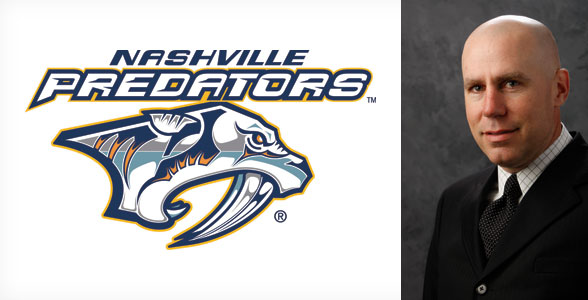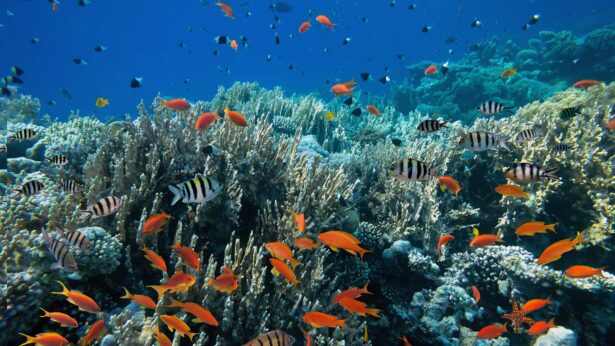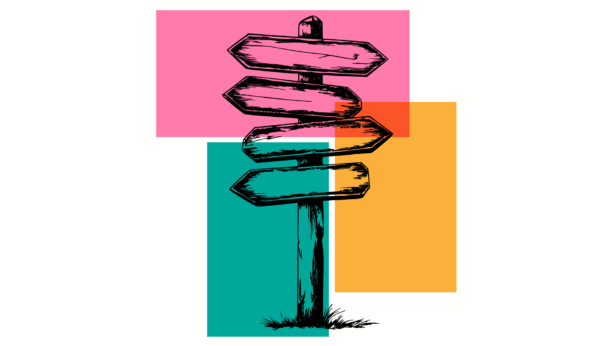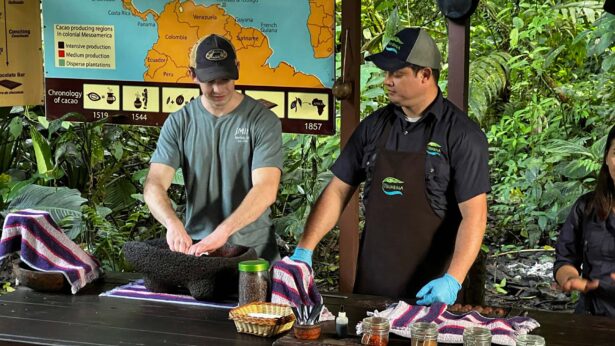By Susan Barnes
If you expect flash and swagger when you meet David Freeman, you’ll be sorely disappointed. The majority owner of the Nashville Predators looks like—and is—just a regular guy: a regular guy with a lot of money to invest in a National Hockey League franchise.
Freeman, a 1984 economics graduate of UT Knoxville, coaches his kids’ sports teams and plays basketball at the YMCA. In jeans and a sports jacket, the youthful 46-year-old could be mistaken for the office boy on his way to make copies instead of the man who saved hockey in Nashville. For that he’s become a local, though low-key, hero.
“This team means a lot to this town,” Freeman said, explaining why a non–hockey fan would take the leap to ensure the Predators stayed in Nashville in the spring of ’07.
The timing for Freeman to become a sports franchise owner could not have been better. He sold his successful medical waste disposal business, Commodore Medical Services, on May 1. On May 24 Predators owner Craig Leipold announced a deal to sell the team to a Canadian who was rumored to be moving it to Hamilton, Ontario.
Freeman and a group of local investors placed a $193-million bet with the NHL and the city that they could make the team profitable in Nashville. Nashville, which had built a new arena a decade ago to land the expansion team, won the gamble.
“It was a spur-of-the-moment thing,” Freeman said. “Having a professional sports franchise is extremely valuable to the city, especially one with international standing.”
Freeman admits he had been to only three hockey games in his life before he engineered the partnership that purchased the team. “I grew up in South Knoxville, played basketball at Doyle High School, and spent Saturdays at Neyland Stadium. There’s no better place to be on a Saturday afternoon in the fall,” he said. His parents, Marie and Don Freeman, still live in the Knoxville neighborhood of Lake Hills.
His claim to fame on campus was that his basketball team beat the Lakers, an elite group of scholarship athletes, for the rec league title in the early ’80s.
After graduating, Freeman finished law school at Vanderbilt University, then practiced law in Dallas for 2 years. But Tennessee was always home and in 1989, he was back in Nashville, practicing mergers and acquisitions law for Waller Lansden Dortch & Davis. He began building the medical waste services company as a side venture. By the time he sold, it was the second-largest company in its field. Before the Predators opportunity came along, he had no real plans for what to do next besides run his new firm, 36 Venture Capital LLC.
“I’ve felt like the whole city was pulling for us” to keep the Predators in town, Freeman said, even during a controversy about the business dealings and personal bankruptcy of one member of the investment team.
The loyalty of Nashville’s hockey fans was never more apparent than at the last home game, a must-win to clinch a playoff berth.
“During the last TV timeout, when we were ahead by only one goal, the fans stood and clapped and cheered the entire time. The noise just kept coming in waves. It was the most chilling moment I’ve ever experienced in sports, and it’s what people miss if they aren’t attending the game in person,” he said.
The Predators went on to play in the Stanley Cup playoffs for the fourth time in 4 years.
“It’s the same feeling I had when the Vols beat ’Bama for the first time in eleven years in nineteen-eighty-two,” Freeman said. “How can you not get hooked on that?”



